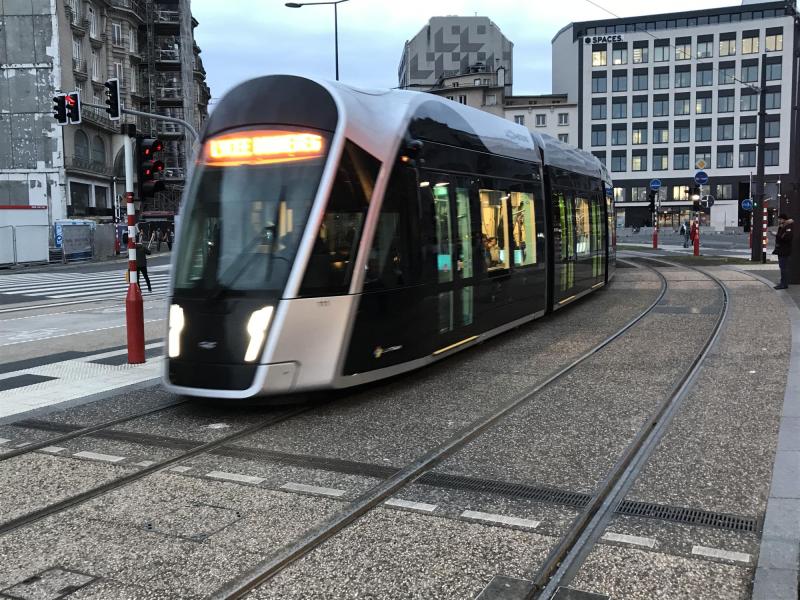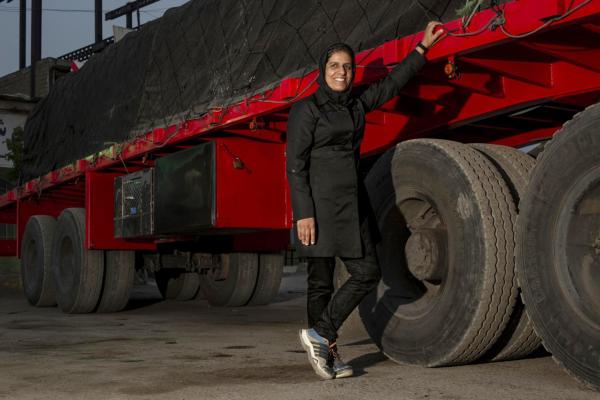The decision in Luxembourg was accompanied by substantial additional investment in public transport. The new mobility plan allocates 6 to 8 billion euros for this purpose until 2035. Based on 2022 revenues, offering free public transport throughout our country would cost 1.189 billion euros annually. If one were to confine oneself to the Brussels metro, this would amount to 190 million euros. In this four-part study, we successively analysed the situation in Luxembourg, the opinions of governments and transport companies in our country, and sought the views of numerous traffic experts. In summary, we present a series of our own reflections.
Despite the fact that parties such as PS (NMBS) and PVDA (De Lijn and MIVB) in our country are asking for parts of public transport to be offered free of charge, the relevant ministers and transport companies are against it. Like some researchers and organizations such as the Sustainable Mobility Network and TreinTramBus, they consider investment in the development of public transport a higher priority. For this, they say, the traveler must also contribute, although everyone is in favor of social tariffs for certain target groups.
Other researchers find that free public transportation does make sense. Indeed, wherever it was introduced, ridership rose sharply and there was a transfer - albeit often a limited one - of motorists. The sharp increase, in turn, led the government to invest much more in it. According to them, public transport is a common good comparable to other public services such as health care, education ... that should be offered as cheaply as possible and preferably completely free.


